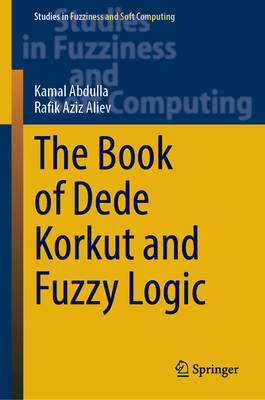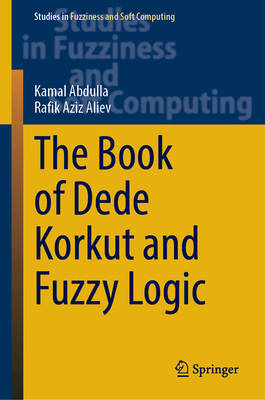
- Retrait gratuit dans votre magasin Club
- 7.000.000 titres dans notre catalogue
- Payer en toute sécurité
- Toujours un magasin près de chez vous
- Retrait gratuit dans votre magasin Club
- 7.000.0000 titres dans notre catalogue
- Payer en toute sécurité
- Toujours un magasin près de chez vous
Description
This book constitutes an attempts to show, from a slightly different perspective, related to literature, the power of fuzzy logic as an effective and efficient tool to deal with problems and challenges faced by such human centric fields of science and knowledge. Humanities and Sciences are of "two basic cultures" of modern society. They are intertwined and give rise to a unified and coherent system. Fuzzy sets and fuzzy logic have been applied mainly in technical scientific fields, much less so in the humanities and social, psychological, cognitive, etc., sciences. There are very good reasons for considering this book from the perspective of fuzzy set theory. The first and foremost reason is that the founder of the theory of fuzzy logic, L. Zadeh wished that the principles of the theory of fuzzy logic be initially applied to all kinds of human centric sciences, notably social, economic, psychological, cognitive, etc., sciences, characterized by unstructured information. Another reason is tracking the formation of our ancient ancestor's mindware in the epos 'The Book of Dede Korkut', and seeking an answer to the question how much inclination is there towards tolerance and democratic approach in this mindware by using fuzzy logic. We hope that this book is interesting for the scholars studying application of fuzzy logic in all human centric sciences exemplified by humanistic, social, cognitive, etc., sciences as well as artificial intelligence, natural language processing and linguistic summarization.
Spécifications
Parties prenantes
- Auteur(s) :
- Editeur:
Contenu
- Nombre de pages :
- 110
- Langue:
- Anglais
- Collection :
- Tome:
- n° 438
Caractéristiques
- EAN:
- 9783032059055
- Date de parution :
- 13-03-26
- Format:
- Livre relié
- Format numérique:
- Genaaid
- Dimensions :
- 155 mm x 235 mm

Les avis
Nous publions uniquement les avis qui respectent les conditions requises. Consultez nos conditions pour les avis.






